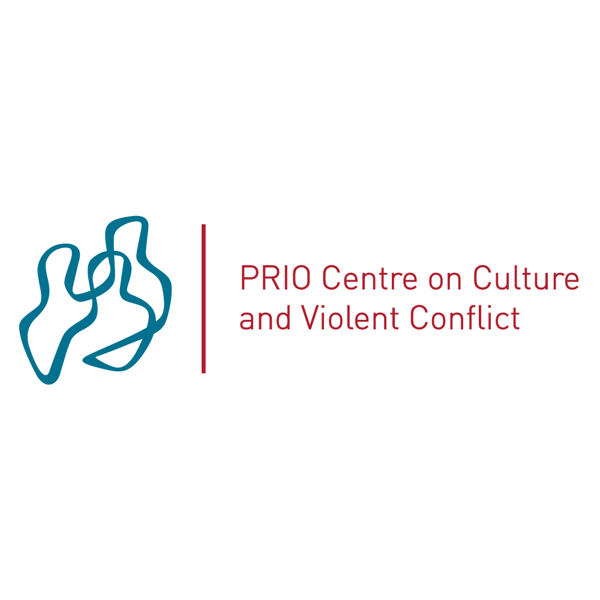
PRIO's Centre on Culture and Conflict has received funding from the FRIPRO programme of the Research Council of Norway for the 4-year project Inspirational Creative Practice: the Work of Artists in Times of War (INSPIRE). Congratulations to project leaders Katarzyna Grabska and Cindy Horst, as well as Marte Nilsen and Covadonga Morales Bertrand, who will also take part in the project. There will also be a PhD position.
INSPIRE studies the role of artists and creative practice in and after violent conflict, exploring both what inspires and motivates those engaged in creative practice as well as how artistic expressions inspire and move others into action for social justice.
The project introduces inspiration as a new and important field of ethnographic research through studying the intersections between artists, art and activism during and after war.
The project will focus on the role of local and transnational creative practices in and after wars in Somalia and Myanmar, and study artists and activists in exile in four European countries.
INSPIRE draws on work on inspiration in the humanities and psychology, combined with insights from research on artists and activism in anthropology, sociology, political science and conflict studies. It will particularly focus on spatial and temporal dimensions of inspiration in times of war.
INSPIRE will draw on multi-sited ethnography, (creative) life history interviews with artists, collaborative arts-based workshops, qualitative interviews and focus group discussions, and virtual platform.
The project will explore collaborative arts-based methods to develop ways of co-creating knowledge that draw on a combination of scientific and artistic methods.
While the primary objective of INSPIRE is to develop a comprehensive theory of inspiration and thus contribute scientifically, the project is expected to have a strong societal impact as well. This potential lies in understanding the ways in which artists, through their art, move the intellect and emotions of others. During and after war, representations and narratives play a substantial role in shaping the basis for a post-war future. New knowledge on how these representations and narratives are shaped by artists, art and their audiences can help stakeholders working with reconciliation processes after war, especially those who use arts-based methods.





